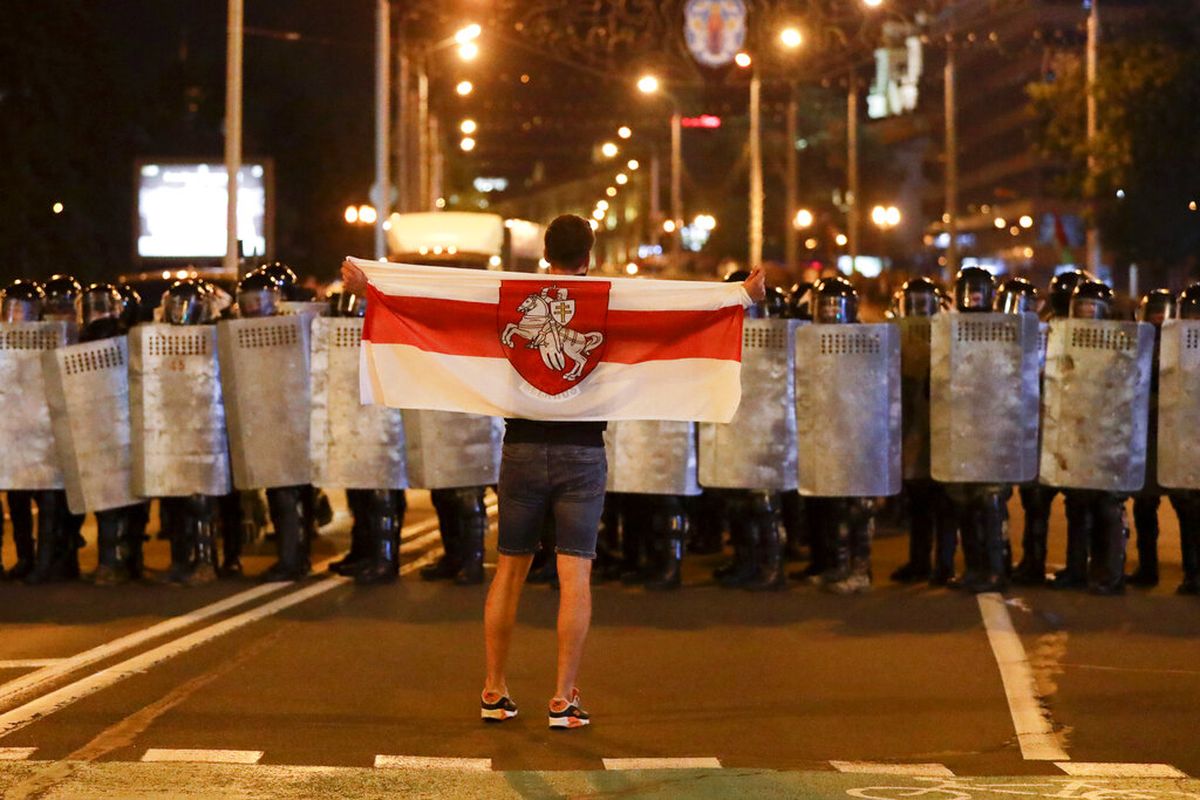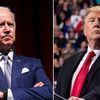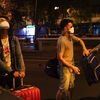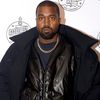Protests in Belarus Following Disputed Presidential Election Results

At Minsk' Hospital No. 10, an AP reporter saw a dozen ambulances delivering protesters with fragmentation wounds and cuts from stun grenades and other injuries.
“It was a peaceful protest, we weren't using force,” said 23-year-old protester, Pavel Konoplyanik, who was accompanying his friend who had a plastic grenade fragment stuck in his neck.
“No one will believe in the official results of the vote, they have stolen our victory,” stated Pavel.
Pavel Konoplyanik, whose legs were also cut by fragments of police grenades, said he doesn't want to leave the country but fears that he might have no other choice.
Two prominent opposition challengers were denied places on the ballot, but Tsikhanouskaya, the wife of a jailed opposition blogger, managed to unite opposition groups and draw tens of thousands to her campaign rallies, tapping growing anger over a stagnant economy and fatigue with Lukashenko's autocratic rule.
Alexander Lukashenko was defiant as he voted earlier in the day, warning that the opposition will meet a tough response.
“If you provoke, you will get the same answer,” he said.
“Do you want to try to overthrow the government, break something, wound, offend, and expect me or someone to kneel in front of you and kiss them and the sand onto which you wandered? This will not happen.”
Mindful of Belarus’ long history of violent crackdowns on dissent — protesters were beaten after the 2010 election and six rival candidates arrested, three of whom were imprisoned for years — Tsikhanouskaya called for calm earlier Sunday.
“I hope that everything will be peaceful and that the police will not use force,” she said after voting.
After the polls closed, about 1,000 protesters gathered near the obelisk honoring Minsk as a World War II “hero city”, where police harshly clashed with them, beating some with truncheons and later using flash-bang grenades to try to disperse them.
Some of the protesters later tried to build barricades with trash containers, but police quickly broke them up.
Three journalists from the independent Russian TV station Dozhd were detained after interviewing an opposition figure and were deported.
Tsikhanouskaya emerged as Lukashenko's main opponent after two other aspirants were denied places on the ballot.
Viktor Babariko, head of a major Russia-owned bank, was jailed for charges he called political, and Valery Tsepkalo, an entrepreneur and former ambassador to the United States, fled to Russia with his children after warnings that he would be arrested and his children taken away.


































